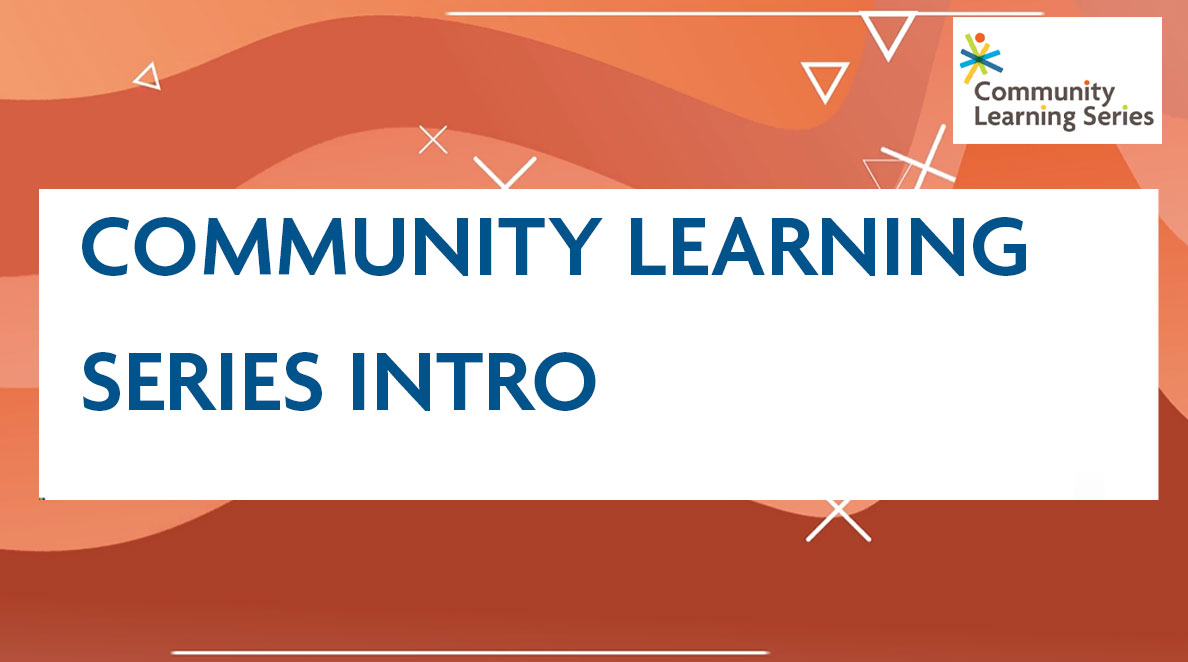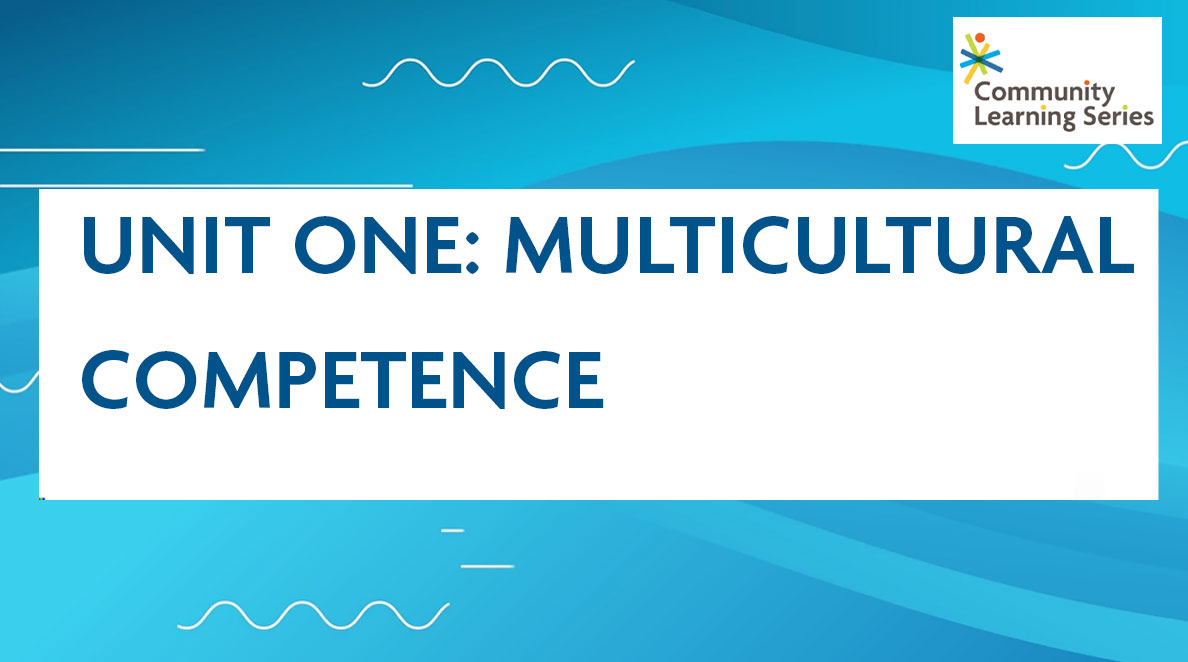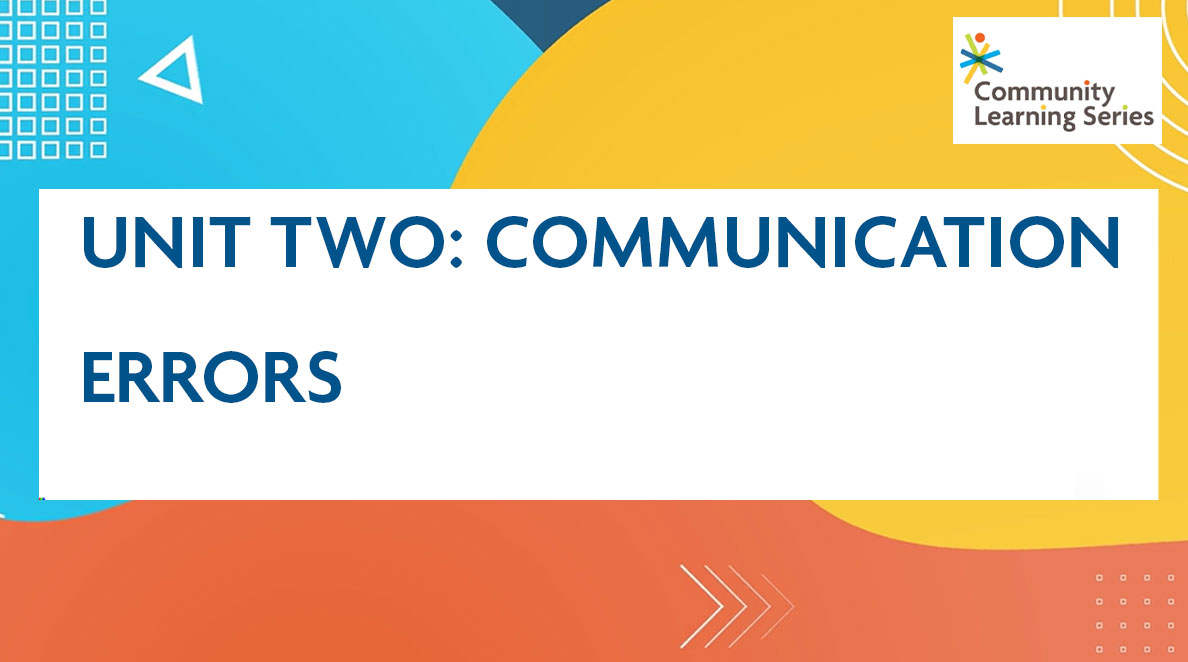Community Learning Series

Community
noun
1: a unified body of individuals
2: a social state or condition
3: society at large
Speech and debate is blessed with communities of students who bring various identities, ideologies, and lived experiences to teams and tournaments and coaches who serve as mentors and sources of support. Recognizing the importance of coaches in creating strong speech and debate communities, we aim to provide opportunities for them to sharpen their knowledge and awareness of diverse identities and discuss strategies to help make the best environment for students possible.
The Community Learning Series (CLS) is a series of learning opportunities and group-facilitated dialogues where coaches can form community through self-reflection and constructive dialogue about creating inclusive cultures on their teams and at their tournaments.
The CLS consists of four units, each with a 45-minute video and a short quiz. Optional group-facilitated dialogues will also be offered, providing attendees with space to discuss a topic, consider opportunities to apply it to their coaching, and share tips and ideas. Completing each unit earns one hour of professional development.
This is a low-pressure, high-impact resource for brand-new coaches and judges with little experience with speech and debate. Complete the units on your own time, and join us for focused conversations around critical topics during the group-facilitated dialogues.
About the Community Learning Series
Mission
The Community Learning Series teaches foundational communication practices for building inclusive communities within speech and debate.
Vision
A community of coaches equipped with communication skills to help foster environments that welcome and retain participants on their speech and debate teams.
By participating in the CLS, you will:
- develop knowledge, awareness, and skills necessary to effectively and successfully interact with diverse identities and ideologies;
- learn ways to engage in effective communication and build inclusive communities within teams, tournaments, etc.;
- identify personal assumptions, preconceived notions, and biases that may lead to harmful communication practices; and
- learn new ways to encourage culturally responsive ballots and/or create educational opportunities for judges attending a tournament for the first time.
Unit Content
The Community Learning Series comprises four one-hour units, including a video and quiz (found on NSDA Learn). The units are self-paced, and participants may complete individual sessions or all four. Completing each unit (Except the Community Learning Series Intro) earns a certificate indicating one hour of professional development.
Videos will be available on NSDA Learn in the coming weeks.
Topics for each unit are as follows:
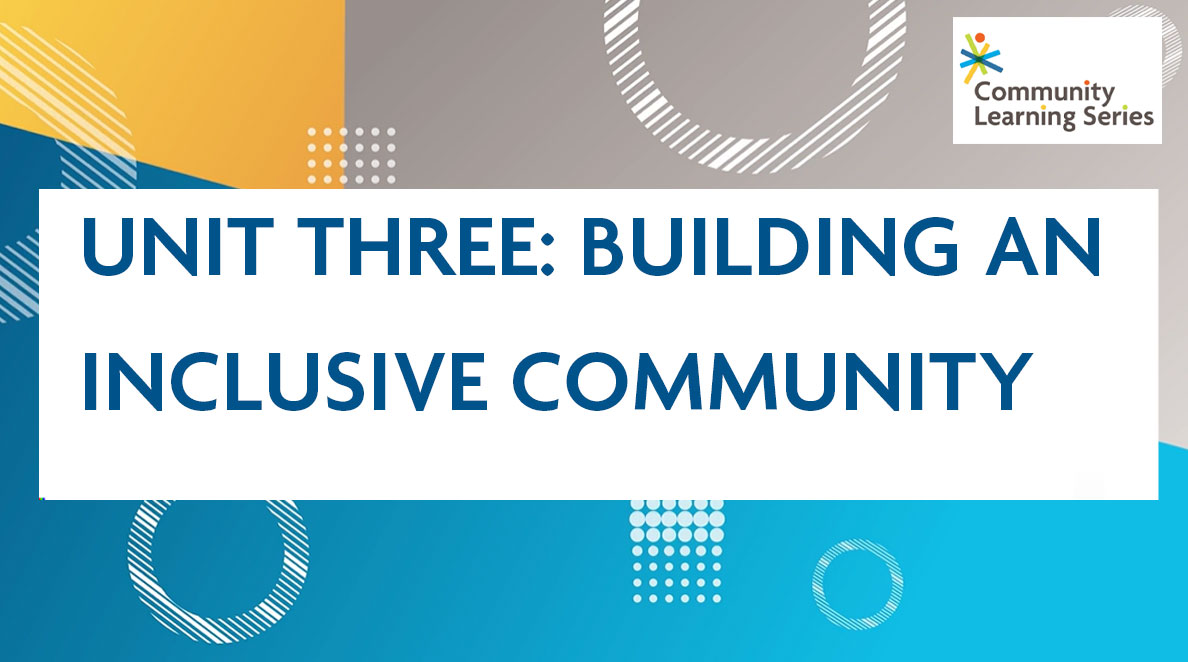
Coming Soon
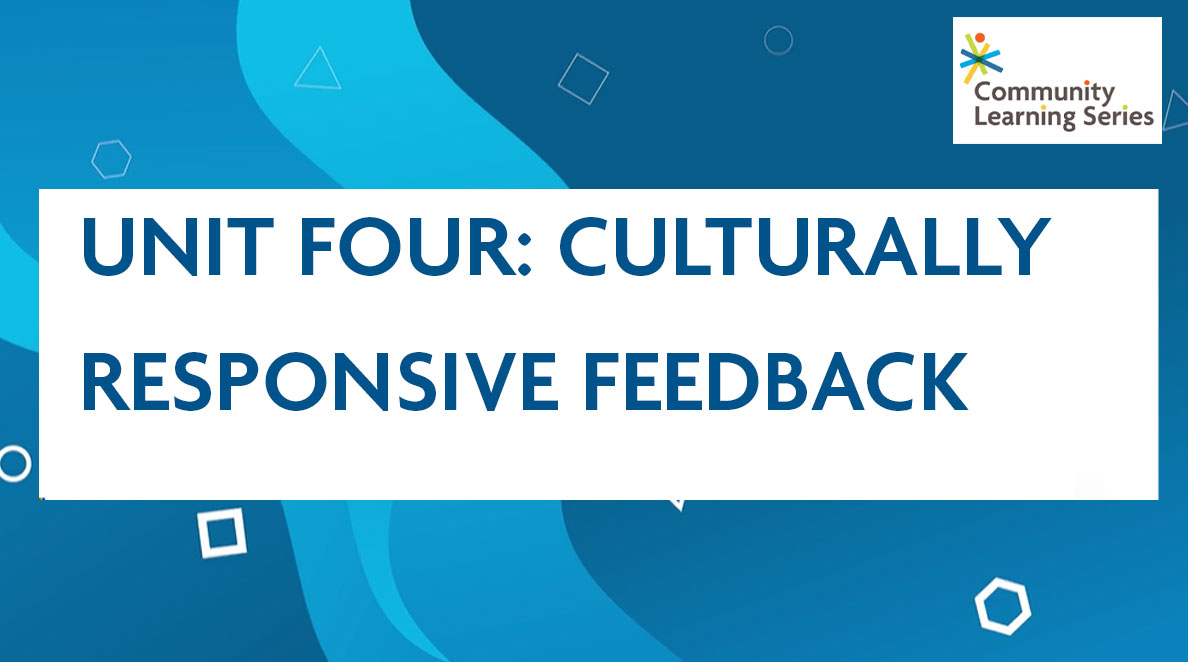
Coming Soon
Group-Facilitated Dialogues
Our group-facilitated dialogue sessions bring coaches together to discuss challenging topics, reflect on our communication practices, share our stories, and offer tips for providing a more equitable and inclusive community. We welcome participants’ identities, ideologies, lived experiences, and value systems. Regardless of our differences, the CLS is a safe and encouraging space.
Note: Participants in the Community Learning Series are expected to follow all NSDA guidelines, including our Core Values, Code of Honor, and Harassment and Discrimination Policy.
To encourage civil and constructive dialogue, the CLS employs the following conversation agreements:
LISTEN ACTIVELY
We will listen, reflect, and respond when appropriate. We will be present in the conversation.
PRACTICE MINDFUL COMMUNICATION
We recognize that we are a community of different identities, lived experiences, and ideologies. We will consider the consequences of our communication and how it might help or harm our goals.
BE PATIENT
We all have different levels of experience and knowledge. We will enter each dialogue with the mindset that we’re here to learn, not teach.
SHOW KINDNESS
The Community Learning Series aims to help make all of us better coaches. These are dialogues, not debates. We’re here to share our stories, listen, ask questions, and learn. We are insistent on kindness.
CALL PEOPLE FORWARD INSTEAD OF CALLING PEOPLE OUT
Calling out assumes malice. Calling forward invites people into a conversation and relies on patience, empathy, and grace.
Group-Facilitated Dialogue Schedule
All sessions start at 7:00 p.m. CT.
Multicultural Competence
Coming Soon
Communication Errors: Unconscious Bias and Microaggressions
January 22
Inspired by the book The Dark Side of Interpersonal Communication, this session focuses on ways our communication (despite the best intentions) can be harmful and even destructive to a team culture. Topics discussed include (but are not limited to) unconscious bias, microaggressions, communication avoidance, secrets, teasing, and bullying.
Building an Inclusive Community
February 19
Inclusive communities bring together diverse identities and ideologies, work to ensure fairness, and invite all members to participate in decision-making processes. This session presents the advantages of an inclusive community, outlines steps for community building, and explores constructive dialogue to address moments of disagreement and conflict.
Culturally Responsive Feedback
March 19
Regardless of experience level, every coach and judge is responsible for fostering a safe and culturally responsive educational environment—both in competition spaces and beyond. The best examples of this responsibility are on the ballot and in coaching sessions. This final session explains the importance of culturally responsive feedback and offers tips on how to enhance the student experience positively and productively.

